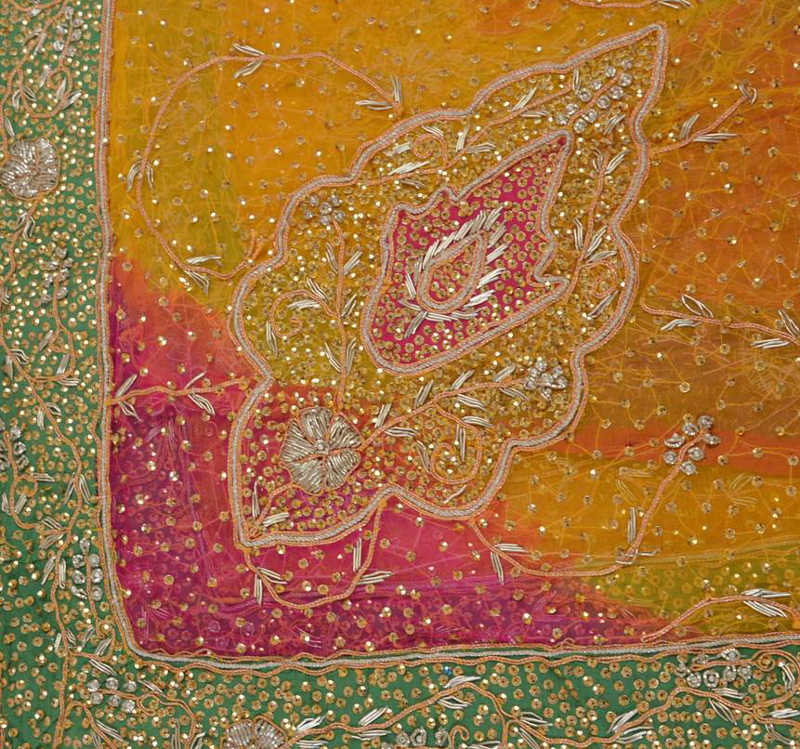===
0451,
1
===

=== |
 |
pechān : 'Turning, twisting, winding, coiling, &c.; —twisted, coiled, &c.'. (Platts p.297)
FWP:
SETS
MOTIFS == MADNESS; SPRINGTIME
NAMES
TERMS == FLOWINGNESS; METER; PEN-NAME; REPLY; THEMEThis ghazal is unusual for including the poet's pen-name in the opening-verse rather than the closing-verse; see 'pen-name' in the 'Terms' index for other examples.
Should we really imagine that there are two different speakers? The idea seems tenuous. Nothing in the verse signals it, and nothing gives a clue as to who the other speaker might be. Occam's Razor would readily cut through the possibility.
Instead, the two lines seem to be additionally unified by the affinity between the 'twisted, coiled' path of the breeze, and a 'chain'. Once we recognize that the speaker (whether he's Mir himself, or someone else in the same situation) seems to be mad, and to be imprisoned in some dark cell, it's hard to put a limit on what he might imagine. Since the twisting or twisted breeze can't be seen in the first place, once the speaker imagines that he can see it, what's to stop him from imagining it as a 'chain'? Perhaps because he himself is chained up in spring, as SRF suggests; or perhaps, more suggestively, because springtime itself has such a ruthlessly coercive force ('April is the cruellest month...').
Or, of course, an actual 'chain' could be experienced by the madman as 'somewhat of' a particularly twisting kind of spring breeze. Compare Ghalib's contempt for chains, as compared to the beloved's twisting curls:
G{36,4].